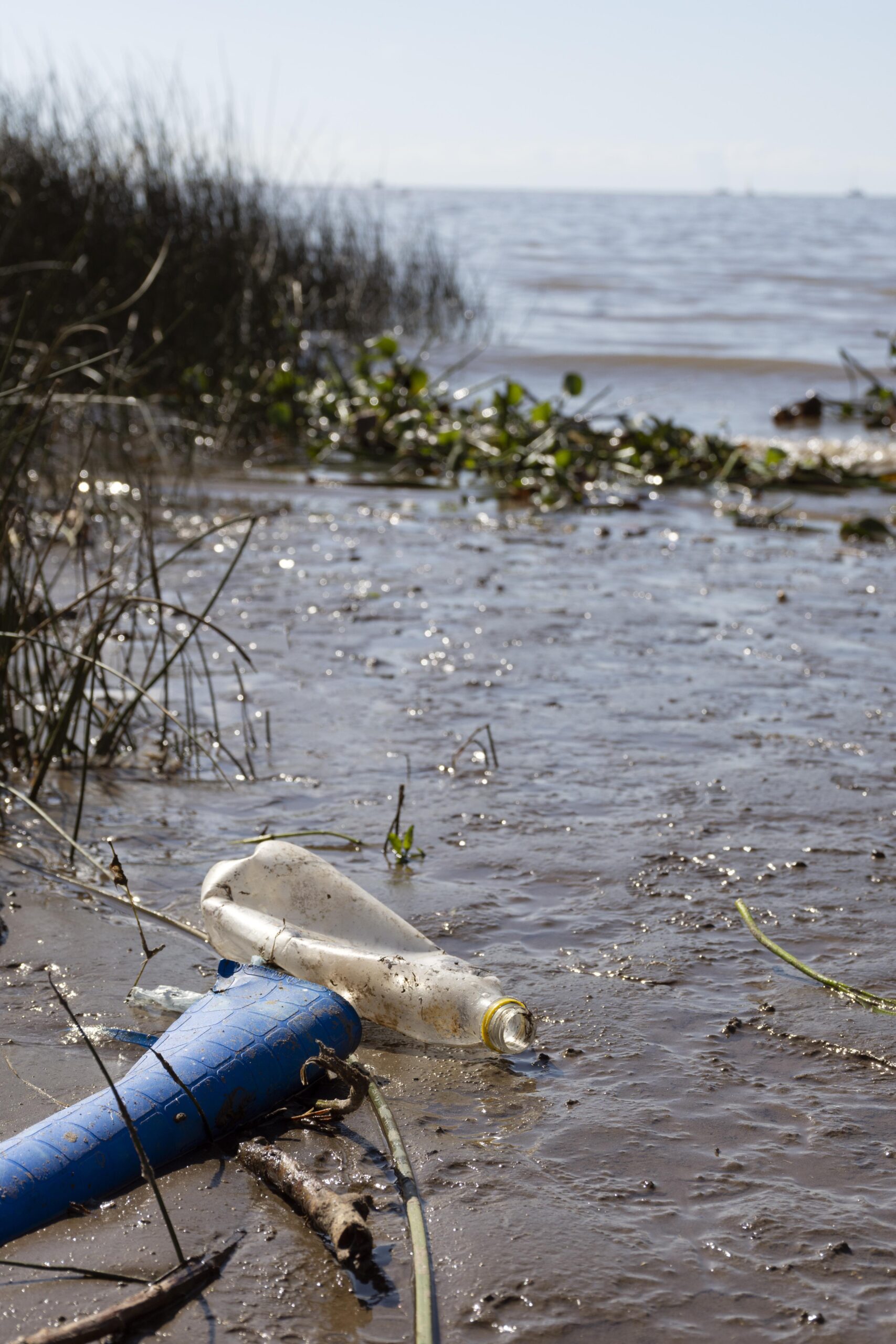Africa’s rapidly growing cities, the economic hubs of the continent, are grappling with a severe challenge—freshwater scarcity. This threat is driven by rising demand, pollution, unsustainable practices, and climate change.
Cities, both contributors to and victims of water scarcity, face numerous vulnerabilities. Strained water supplies jeopardize public health, disrupt agriculture, and hinder industrial processes, affecting every aspect of urban life.
Non-revenue water, which includes losses from leaks, theft, and unauthorized use, adds a significant strain on urban water systems. These losses not only reduce water availability but also increase financial pressure on municipalities, limiting infrastructure improvements.
Inefficient water use, often due to poor irrigation and excessive groundwater extraction, compounds these issues. Climate change’s unpredictable effects, such as altered rainfall and extreme weather, present unprecedented challenges to urban water security.
Building Resilience
- Integrated Water Management: Cities must adopt comprehensive water management strategies that focus on sustainability and resilience. Integrated approaches optimize usage, reduce waste, and enhance urban water systems’ efficiency.
- Infrastructure Investment: Upgrading water infrastructure is crucial to meet growing demands. Modernizing treatment facilities, expanding storage capacity, and implementing smart technologies can improve urban water supply reliability.
- Promoting Decentralization: Encouraging decentralization allows residents, businesses, and industries to maximize resources.
- Green Infrastructure Solutions: Integrating green infrastructure, such as smart green spaces, helps manage stormwater, reduce runoff, and replenish water sources, bolstering resilience against scarcity.
Addressing urban vulnerabilities requires a comprehensive approach and collaboration with a trusted technology partner. Contact us today!

